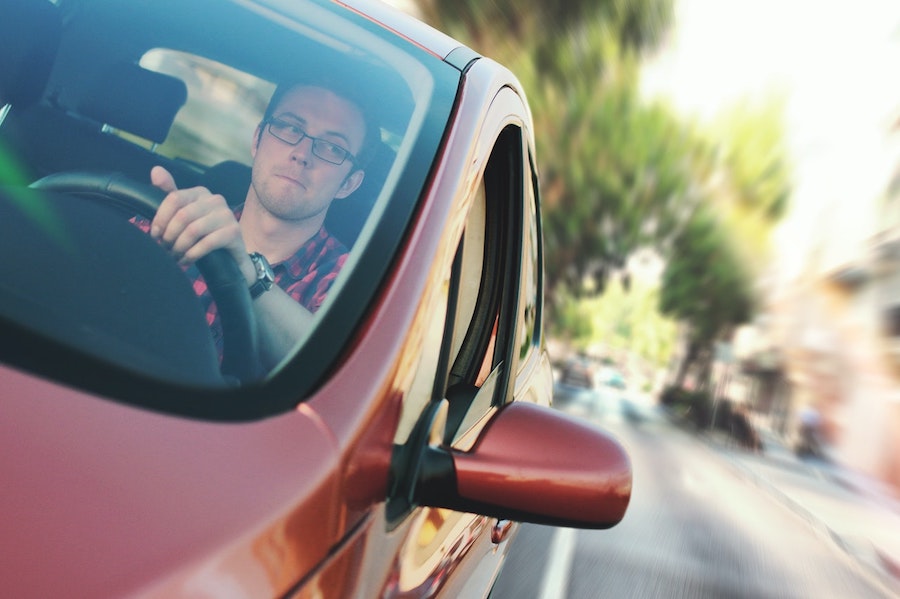
Driving is a relatively straightforward activity. You need to follow the rules and keep track of changes happening on the road, especially on highways. However, you need to know all the rules in a specific county, and in some parts of the world, that may be a little difficult. Because laws in certain countries about driving range from unconventional to downright bizarre. So, let us look at some of them and try to explain them – if possible:
Philippines– Is My Number Today?
Most drivers are okay with random numbers that make regular, non-customized license plates. That is because those numbers cannot influence which days they can drive their car. Unless you live in the Philippines. All vehicles are separated into categories based on how the numbers on the license plate end. Each category is forbidden to drive during peak hours one day a week. For example, plates ending with 1 or 2 are prohibited from driving on Monday between 7–10 AM and 3–7 PM. The same goes for plates ending in 3 and 4 on Tuesday, 5 or 6 on Wednesday, and you can guess the rest. The government introduced the law to reduce the number of cars during rush hours.
Russia – Cleaning Is My Business

Rain and mud can make your car look like a rolling cube of dirt and dust. While keeping your vehicle clean is essential for both safety and aesthetics, in Russia, forgetting to keep it scrubbed can earn you a fine of around 2000 Rubles (close to 36 AUD). The government passed it to prevent license plates from being covered up mud and salt during the winter months. Also, you have to keep your car clean both inside and outside. When you consider that the only places that you’re allowed to wash the car are designated car wash facilities and homes, it’s no wonder that many Russians tend to store their cars during winter months when driving is not just messy but also challenging.
Australia– Splash And Wave Another Day
Rain and dirt can influence how you use your car in other ways. It is illegal to splash mud on the people leaving or entering the bus stations and people standing at the bus stop in Australia. So, pay attention when passing next to public transportation stops in bad weather. Also, trying to look cool by sticking any part of the limb outside the window can earn you a fine. You can only do that if you are trying to signal other drivers. If you need to appear at court in New South Wales because of such an offence, you can always check out criminal lawyers in Sydney. Fortunately, there are plenty of reviews, and you should be able to pick and choose depending on your specific situation.
Cyprus – Grab That Wheel

Summer drives can be exhausting, especially when you need to keep yourself hydrated during driving. Well, in Cyprus, you will need to stop if you need to quench your thirst. Law states that it is illegal to take your hands off the wheel for any reason. The fine for doing that is around 138 AUD. The number of accidents increased significantly on the island in the last couple of years, so the law aims to reduce it.
If you’re hungry, you cannot hold a sandwich in one hand and drive with another. Resting hands is also prohibited for the driver. If your companions feel the sudden need to eat or drink, do not risk the fine if you want to join them. Stop at the first appropriate place and enjoy nature as well as the meal.
USA – Obligatory Usage Of Car Horns
If you ever wanted to drive blindfolded, then avoid the state of Alabama. It’s not only illegal, it’s incredibly dangerous and reckless. On the other hand, if you want to drive along with a sheep in the car, steer clear of Montana. Or at least find a chaperone to keep an eye on it, as it is considered an offence to have a sheep in the cab of a truck without someone keeping an eye on it. And if car horns give you hives, avoid New Jersey at all costs. By law, residents must honk as a warning before passing other cars heading in the same direction.
By Peter Minkoff
Peter is a lifestyle and travel writer at Men-Ual magazine, living between Ústí nad Labem and Antwerp. Follow Peter on Twitter for more tips.

